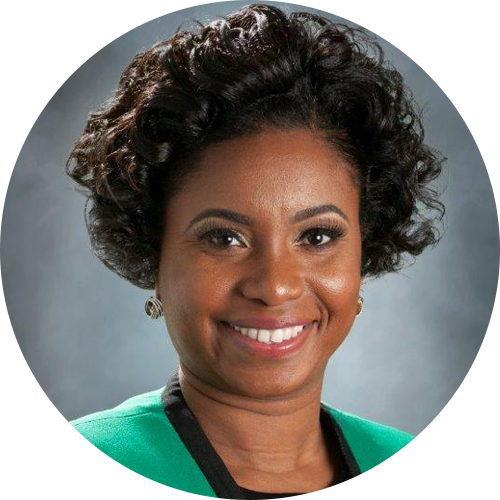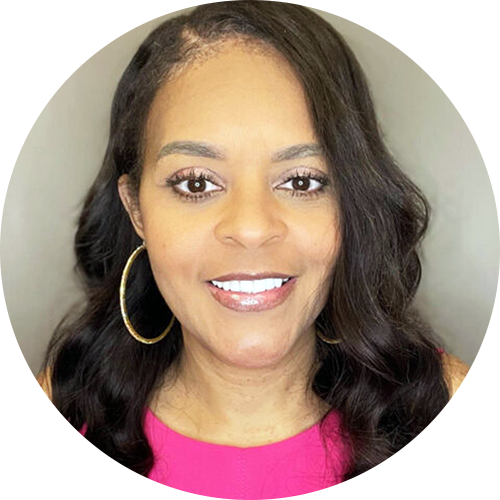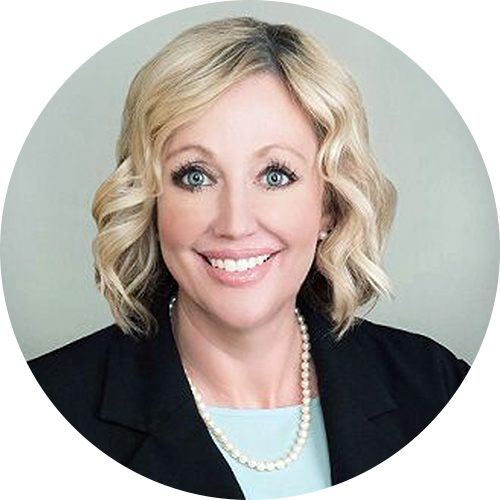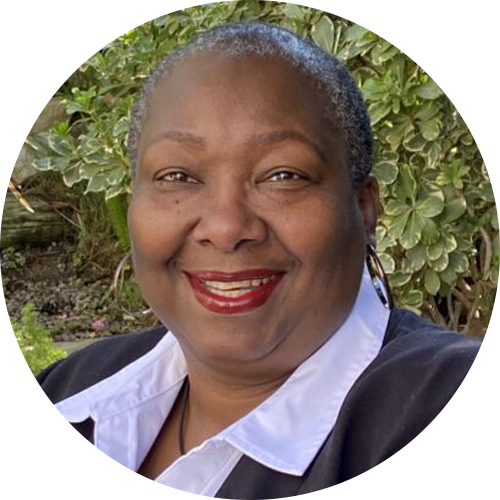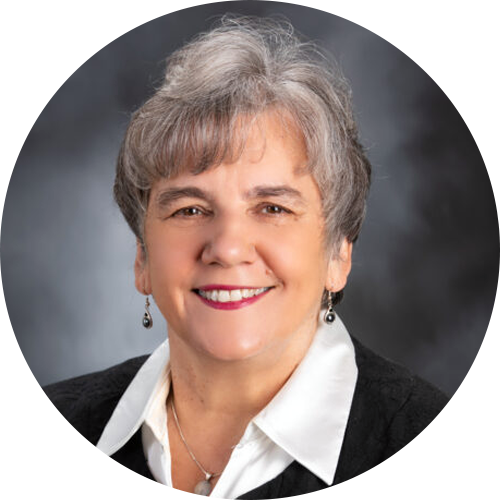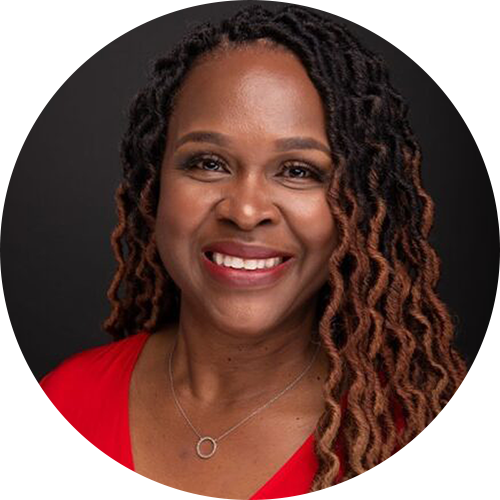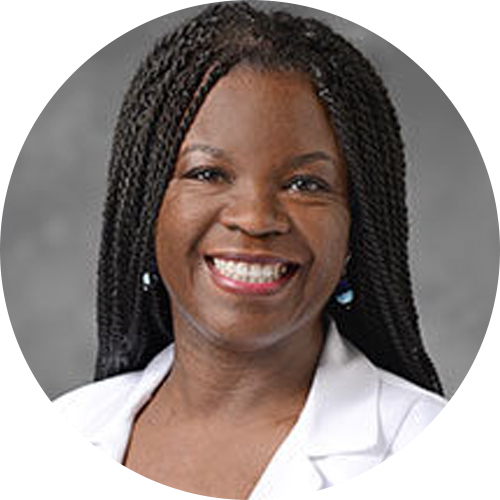Monday, January 22, 2018
Posted by: Lynn Erdman
Did you know cervical cancer is the second-leading cause of cancer deaths in women in their 20s and 30s? January marks Cervical Health Awareness Month and I want to urge you to get your yearly Pap smear test. A Pap test is the key to identifying if you have HPV (human papillomavirus) or cervical cancer.
According to the National Cancer Institute, more than 12,000 women in the United States are diagnosed with cervical cancer each year, and more than 4,000 women die from it every year. That’s an alarming number to contemplate. These 12,000 women undergo treatments that put them at later risk for preterm birth during pregnancy. The cancer may prevent them from ever carrying a baby if it is advanced enough and it’s necessary to remove the uterus to treat it. Detecting HPV or cervical cancer early-on is essential to treating these conditions. Now, you might have some questions on what a pap smear test is. Here are six important questions and answers about a pap test:
- When should I start taking a pap smear test?
Most women should start getting a pap smear test at the age of 21.
- Should I get tested if I am not sexually active
Yes, cervical cancer infections are normally sexually transmitted but not all cervical cancers originate from viral infections. This means that even if you are not sexually active you should get tested.
- How often do you need a pap smear test?
The general rule is that you should get a pap smear test every three years.
- How do I prepare for a pap smear test?
Inform your physician if you are menstruating before you take a test. This is important because it can affect your results.
- What happens during the test?
The test is done in either your doctor’s office or in a clinic. It generally takes about 10 to 20 minutes to complete. Your doctor will swab a sample of cells from your cervix and place them in a small jar, and send them to the lab to be reviewed. A few days later your doctor will get the results that will either come back negative or positive.
- Does the test hurt?
Fortunately, it doesn’t hurt. You might feel a little bit of pressure but nothing to worry about.
As noted in Healthy Mom and Baby, your best opportunity for preventing cervical cancer from developing is to get the HPV vaccine before you’re sexually active, and then begin regular Pap testing at age 21 as advised by the American Congress of Obstetricians and Gynecologists (ACOG). At age 30, you now can request an HPV test in addition to your Pap. If both are normal and you’ve had 3 previously normal Paps, ACOG recommends that you can wait 3 years before you repeat the HPV and Pap tests unless you have risk factors for cervical cancer such as HIV.
Don’t take a chance with your future ability to carry a baby to term. And don’t take a chance with your life. Get regular Pap and HPV tests as appropriate. Tell your girlfriends and female relatives to do the same, and together let’s end cervical cancer. To find out more information about Pap tests and cervical cancer prevention visit health4mom.org.



